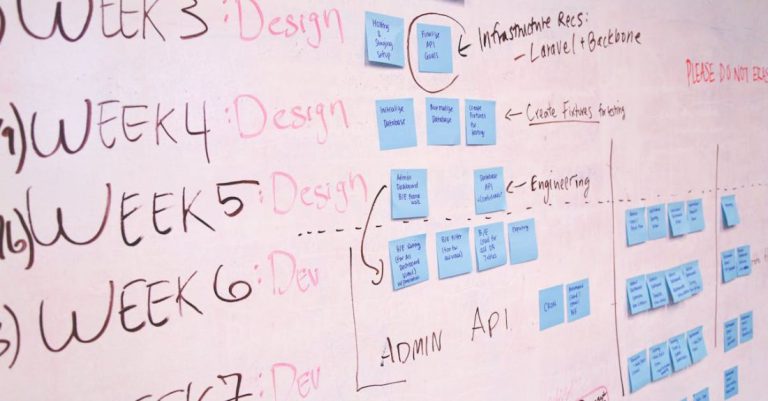
Planning is a crucial aspect of any project, whether it’s a small personal endeavor or a large-scale business initiative. Effective planning sets the groundwork for success, helping to define goals, allocate resources, and establish timelines. However, even the most well-intentioned planners can fall prey to common pitfalls that can derail their efforts. By being aware of these pitfalls and taking proactive steps to avoid them, you can increase the likelihood of achieving your desired outcomes.
Overlooking the Importance of Clear Objectives
One of the most common planning pitfalls is failing to establish clear objectives from the outset. Without well-defined goals, it becomes challenging to create a roadmap for success. Ambiguous or vague objectives can lead to confusion among team members and stakeholders, resulting in wasted time and resources. To avoid this pitfall, take the time to clearly articulate what you aim to achieve with your plan. Make sure your objectives are specific, measurable, achievable, relevant, and time-bound (SMART) to provide a clear direction for your planning efforts.
Ignoring Stakeholder Involvement
Another common pitfall in planning is neglecting to involve key stakeholders in the process. Stakeholders, including team members, clients, customers, and partners, play a crucial role in the success of any project. Failing to consult with stakeholders can lead to misaligned expectations, resistance to change, and ultimately, project failure. To avoid this pitfall, make an effort to engage with stakeholders early and often throughout the planning process. Solicit their input, address their concerns, and keep them informed of progress to ensure their buy-in and support.
Underestimating Resource Requirements
A frequent planning pitfall is underestimating the resources needed to execute a plan successfully. Whether it’s time, money, manpower, or materials, inadequate resource allocation can lead to delays, budget overruns, and quality issues. To avoid this pitfall, conduct a thorough assessment of the resources required for each phase of your plan. Consider factors such as availability, cost, and skill level to ensure that you have the necessary resources to achieve your goals. Be prepared to adjust your plan if resource constraints become apparent during the implementation phase.
Lack of Contingency Planning
One of the most critical planning pitfalls is failing to account for unforeseen events or risks that could impact the success of your plan. No matter how well you prepare, unexpected challenges are bound to arise during the execution phase. Without a contingency plan in place, you may find yourself scrambling to address issues as they arise, leading to project delays and setbacks. To avoid this pitfall, take the time to identify potential risks and develop contingency plans to mitigate their impact. Consider factors such as budget overruns, schedule changes, resource constraints, and external factors that could affect your plan.
Overcomplicating the Planning Process
Lastly, a common planning pitfall is overcomplicating the planning process with unnecessary details, steps, or documentation. While thorough planning is essential for success, going overboard with complexity can hinder rather than help your efforts. Keep your plan focused, streamlined, and easy to understand to ensure that it remains a practical and actionable guide for your team. Avoid the temptation to include excessive detail or unnecessary formalities that could bog down the planning process and impede progress.
In conclusion, effective planning is a key driver of success in any endeavor. By being mindful of common planning pitfalls and taking proactive steps to avoid them, you can increase the likelihood of achieving your goals. Remember to establish clear objectives, involve stakeholders, allocate resources wisely, plan for contingencies, and keep your plan simple and straightforward. By doing so, you can navigate the complexities of the planning process with confidence and set yourself up for success.





